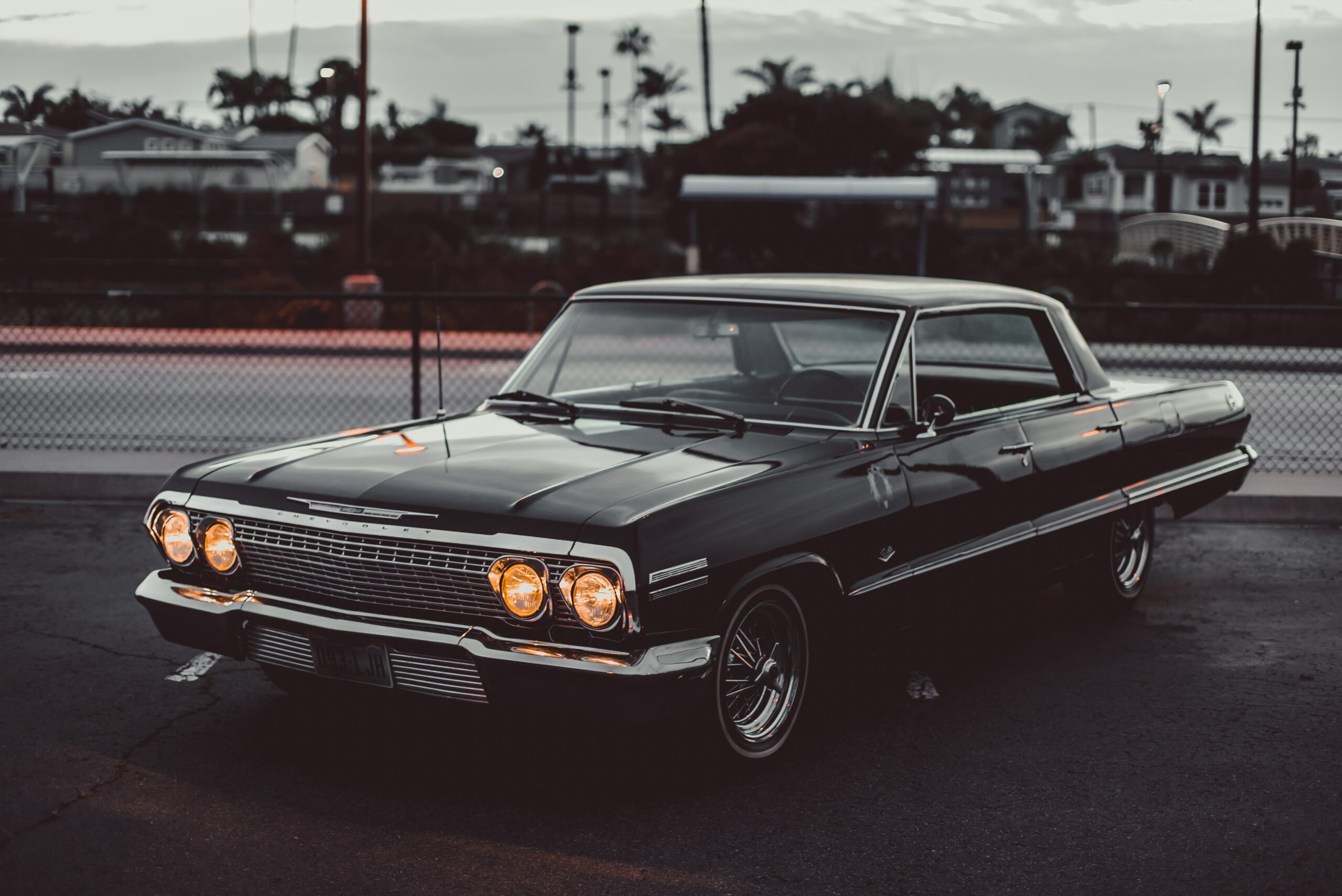If you’re thinking about investing in vintage cars, you’re likely wondering if it’s a good investment or not. Well, the answer isn’t as simple as it seems. Investing in vintage cars is a huge commitment and requires a great deal of research to make sure that your investment will grow over time. Let’s take a look at what it takes to invest in vintage cars and why it could be worth it for potential investors.
Research & Education
When deciding whether or not to invest in vintage cars, knowledge is key. You should become familiar with the history of the car you’re interested in, its condition, its previous owners, and any mechanical issues that might need addressing. Knowing all this information will help you understand how much the car is worth, which can help you make an informed decision regarding your investment.
Additionally, because there are so many different kinds of vintage cars out there (from classic European sports cars to American muscle machines), it pays to do some research into which type of car will offer more stability when investing. Certain vintage cars are worth more than others, and in some cases, you may spend more renovating a vintage car than you could selling it to an interested buyer. Make sure you understand supply and demand and where your vintage car fits into that.
Check out everything people are looking for on Do U Have!
Timing & Patience
When investing in anything – including vintage cars – timing is everything. Just like stocks and bonds, prices for these vehicles can fluctuate based on several factors such as demand from collectors or recent news stories related to the car or brand. You should also consider that these vehicles require significant maintenance and upkeep over time; they aren’t just investments but also commitments that need attention and care. Patience is essential when investing in vintage cars – especially if you plan on holding onto them for years to come.
Keep Reading: The top 5 rarest cars of all time
Risks & Rewards
Ultimately, investing in vintage cars can be rewarding if done correctly; however, there are some risks involved as well.
The biggest risk with this kind of investment comes from potential buyers who may not have all their facts straight before signing on the dotted line or making an offer on a vehicle. After all is said and done, this could leave an investor high and dry.
Additionally, other market forces (such as inflation or changes in consumer tastes) can affect how much money someone can make from their investment over time. This should be heavily considered before committing funds toward buying a classic automobile.
Going back to the previous factor — timing and patience will work hand in hand with risks and rewards.
Keep Reading: The pros and cons of buying a used car
The Pros of Investing in Vintage Cars
One of the biggest advantages to investing in vintage cars is the potential to make money (and enjoy something you really love). Vintage cars tend to hold their value very well over time. This means that if you take good care of your car, it could potentially appreciate significantly over time—which isn’t something that happens with most investments! Plus, if you ever decide to sell your car down the line, there will likely be plenty of other interested buyers who appreciate its unique appeal and history.
The Cons of Investing in Vintage Cars
Although there are plenty of benefits to investing in vintage cars, there are also some drawbacks that should be considered before taking the plunge.
One issue is that older models are typically much less reliable than modern vehicles due to outdated technology or wear and tear over time. This can lead to costly repairs which could easily exceed any potential profits from selling or even renting out your vehicle.
You also need to factor in storage costs. Depending on where you live, storing a classic car can be expensive!
Investing in vintage cars isn’t for everyone; however, those who do choose to take this route should do so carefully and thoughtfully after doing their due diligence when researching the vehicle they wish to purchase and the current state of the market they plan on entering into with their investment. With proper research and education along with careful planning regarding timing and patience – plus calculated risks – investing in classic automobiles can potentially be quite rewarding!
Keep Reading: What to check when buying a used car


